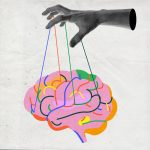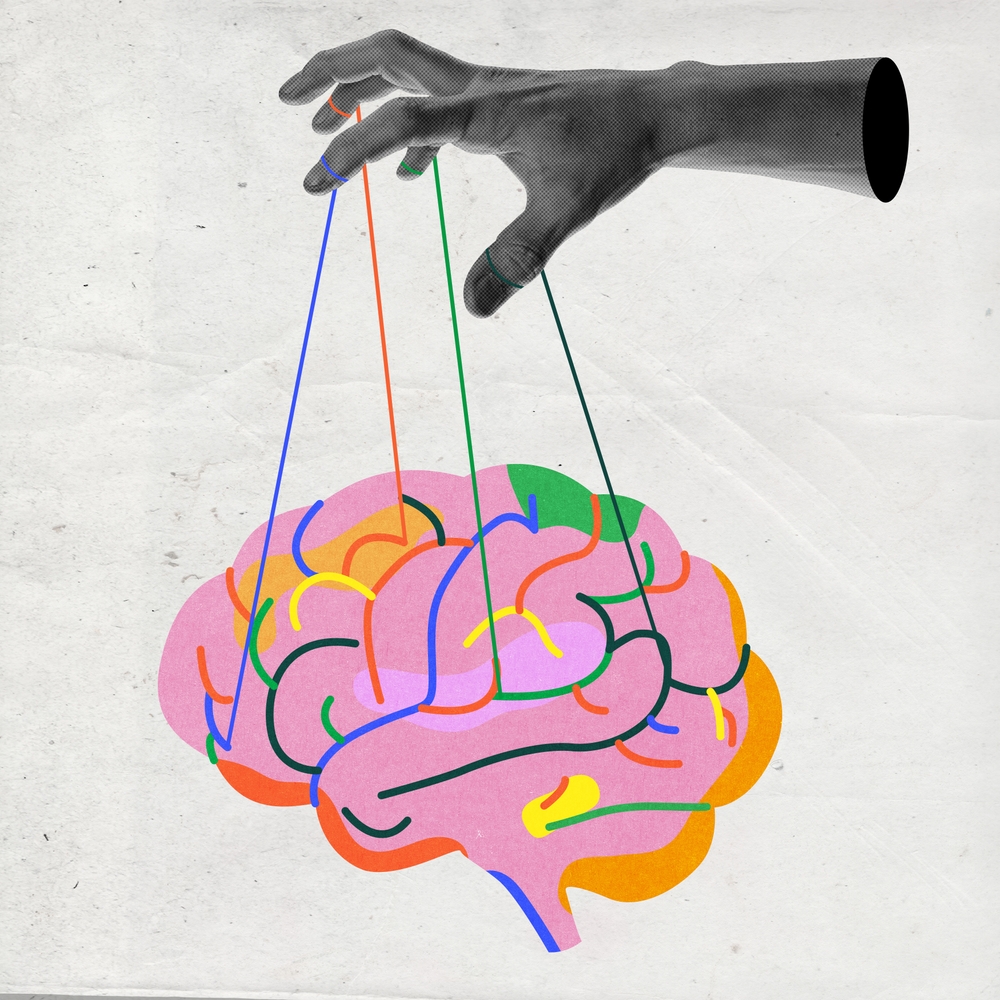Music can be a powerful tool for building self-esteem and confidence. Learning to sing or play an instrument can be a challenging and rewarding experience, and as children progress and improve, they gain a sense of accomplishment and pride in their capabilities.
Music-making can be a fun and enjoyable way to break away from the traditional classroom setting. Research shows that learning music can play a key role in brain development and can help improve a child’s cognitive function and academic performance.
Benefits of music:
- Language Development: Music helps children develop language skills by exposing them to new words, rhythms, and melodies. Singing and playing instruments can also help improve speech and communication skills.
- Cognitive Development: Music can enhance cognitive abilities such as memory, attention, and problem-solving skills. A study by the College Entrance Examination Board found that students who participated in music programs scored an average of 63 points higher on the verbal section and 44 points higher on the math section of the SAT than those who did not participate in music programs.
- Emotional Development: Music can help children express themselves and regulate their emotions. It has been shown to help reduce stress, anxiety and promote relaxation.
- Motor Skills Development: Playing instruments and dancing to music can also encourage children to develop fine and gross motor skills, coordination, and balance.
- Social Development: Music provides opportunities for children to interact and collaborate with others. It can develop social skills such as sharing, taking turns, and listening to others.
Overall, music can have a positive impact on a child’s development in many areas and can enhance their well-being. The National Association for Music Education, for example, reports that students who participate in music programs tend to have higher levels of academic achievement, including higher GPAs and better test scores.

Physical and cognitive benefits
There are certain types of rhythms and melodies in classical music that can help stimulate brain development in young children. One study that found a positive correlation between classical music and cognitive function was published in the Journal Brain in 2011. In this study, researchers found that listening to classical music, specifically Mozart’s Sonata for Two Pianos in D Major, improved memory retention and enhanced activity in brain regions associated with memory consolidation.
Building cultural awareness
Exposing children to music from around the world can help broaden cultural awareness and appreciation. World music can also be a fun and engaging way to learn about geography and history. Folk music is another type of genre that can stimulate children to learn about different cultures and traditions, developing a sense of respect, community and connection.
Moreover, listening to instrumental music is also encouraged as it can help children focus and concentrate, and can also provide a calming effect. Instrumental music can be particularly helpful for children with ADHD or other attention disorders.
It is important to note that the benefits of music are not limited to specific genres or types of music. Ultimately, the most important factor is that children are exposed to a variety of musical styles and have opportunities to engage with music in a way that is enjoyable and meaningful to them.
The role of learning musical instruments:
A study published in the Journal of Educational Psychology found that children who received music lessons for two years showed a greater increase in IQ than children who did not receive music lessons. Learning to play a musical instrument helps with cognitive, academic, and emotional benefits as well as cognitive function and memory in children.
There are many ways to incorporate music into a child’s life. Some of them include singing, playing instruments, dancing, attending concerts and performances. Music has a wide range of benefits as seen above and is crucial to improving the confidence and self-esteem of children as well as their cognitive function and memory.









